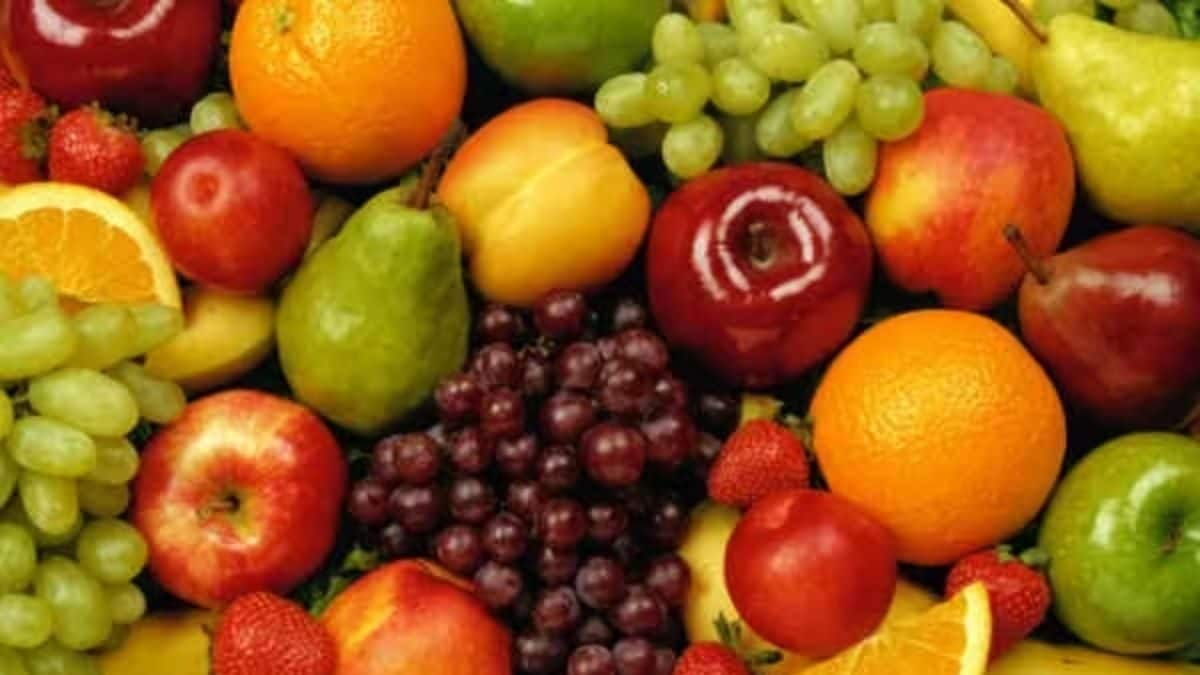The connection between food and mood is well-established, and a growing body of research emphasizes the vital role of the gut-brain axis. This intricate communication network influences our mental well-being, highlighting how a healthy diet can positively impact mood and stress management. Understanding the link between specific foods and stress hormones allows us to curate a “happy” diet, promoting resilience against the daily pressures of modern life. This article explores the concept of “happy foods” and delves into their mechanisms for managing stress and improving overall mental health.
The Gut-Brain Connection and Stress Response
The gut-brain axis plays a crucial role in our mental and physical well-being. It acts as a complex network, facilitating communication between the gastrointestinal system and the brain. This interaction is crucial for regulating mood, stress response, and overall health. When the gut is healthy and functioning optimally, it can positively influence the brain by producing neurotransmitters like serotonin and dopamine. These neurotransmitters are key players in regulating mood, happiness, and well-being.
However, chronic stress can disrupt this delicate balance. When faced with stress, the body releases cortisol and adrenaline – the stress hormones that prepare the body for the “fight or flight” response. While these hormones are essential for short-term stress responses, sustained stress and elevated cortisol levels can negatively impact both mental and physical health. This can manifest as weight gain, anxiety, depression, weakened immunity, and various other chronic conditions.
The Role of Happy Foods in Stress Management
Research suggests that certain foods can significantly impact stress hormone levels and influence our mood. These “happy foods” are rich in nutrients that promote mental well-being by directly influencing neurotransmitter production and reducing stress hormone levels.
Boosting Serotonin Levels for Mood Regulation
Foods rich in tryptophan, a precursor to serotonin, are crucial for managing mood and promoting a sense of well-being.
- Turkey: This lean protein source is known for its high tryptophan content, which the body converts to serotonin, helping regulate mood, sleep, and appetite.
- Eggs: Eggs are another excellent source of tryptophan, and they also provide a good amount of vitamin D, which is important for mood regulation.
- Salmon: A rich source of omega-3 fatty acids, salmon can also enhance serotonin production, aiding in mood stability.
Balancing Cortisol Levels
Certain foods can help regulate cortisol levels, reducing its negative impact on mental health and physical well-being.
- Leafy Green Vegetables: Spinach, kale, and other leafy greens are abundant in magnesium, a mineral known to regulate cortisol levels and promote relaxation.
- Dark Chocolate: This sweet treat, in moderation, can also aid in cortisol reduction thanks to its rich flavonoid content.
- Berries: Rich in antioxidants, blueberries, strawberries, and raspberries can help combat stress by protecting the brain from inflammation.
Happy Foods for a Balanced Diet
Beyond managing stress, “happy foods” play a crucial role in achieving overall wellness. By incorporating a variety of these foods into our daily diet, we can improve mental clarity, energy levels, and even enhance cognitive function.
Boosting Brainpower
- Nuts and Seeds: Almonds, walnuts, chia seeds, and flaxseeds provide essential fatty acids like omega-3s and omega-6s, which are crucial for brain function and cognition.
- Avocado: This creamy fruit is packed with monounsaturated fats, known to improve brain health and support cognitive function.
Preventing Energy Depletion
- Whole Grains: Brown rice, quinoa, and oats are excellent sources of complex carbohydrates, providing sustained energy release and preventing energy crashes.
- Lean Protein: Chicken, fish, tofu, and beans are rich in protein, essential for building and repairing tissues, which helps combat fatigue.
Planning a Happy Diet for Stress Management
By prioritizing “happy foods” in our meal plans, we can cultivate a more resilient and positive outlook in the face of everyday stress.
Implementing Happy Food Strategies
- Mindful Snacking: Opt for nutrient-dense snacks like fruits, vegetables, nuts, or seeds throughout the day to stabilize blood sugar levels and maintain energy.
- Colorful Plates: Fill your plates with a variety of colorful fruits and vegetables to ensure a well-rounded intake of essential vitamins, minerals, and antioxidants.
- Hydration is Key: Stay hydrated with plenty of water throughout the day, as dehydration can exacerbate stress and anxiety.
- Minimize Processed Foods: Processed foods often lack essential nutrients and can contribute to inflammation, negatively affecting mood and stress levels.
- Limit Caffeine and Alcohol: While these substances might offer temporary relief, they can exacerbate stress and anxiety in the long run.
Takeaway Points
A healthy diet is a powerful tool for managing stress and enhancing mental well-being. By incorporating “happy foods” into your diet and prioritizing nutrient-rich options, you can positively impact your mood, reduce stress hormone levels, and boost your overall mental and physical health. Remember, a balanced diet that includes a variety of happy foods is key to creating a positive and fulfilling life.









